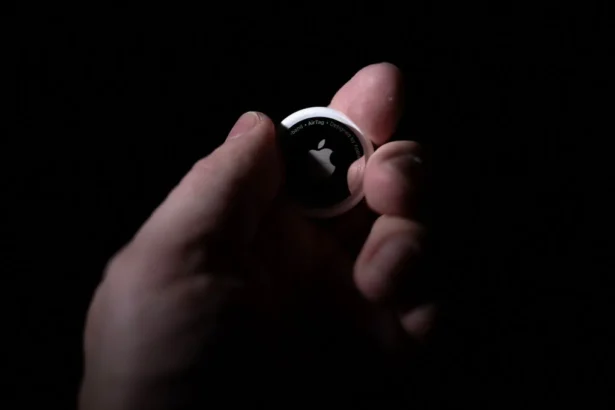Google has released a new update to its Android feature that aims to help people track down their misplaced devices—even if they’re offline.
The tech company announced the release on April 8 on its Android Blog, saying the all-new “Find My Device” app is already available to users in the United States and Canada, and a global release is set for later.
With the enhanced app, Android users can locate their phones and tablets even if they’re offline by ringing them or viewing their location on a map in the app. Previously, Android owners were unable to use the service unless their phones were connected to the internet.
Additionally, thanks to “specialized Pixel hardware,” the feature will allow Pixel 8 and 8 Pro users to find their devices even if they’re powered off or if the battery is dead, the company said.
The Find My Device app uses a crowdsourced network of over a billion devices to locate phones and other compatible devices. The new feature only works with devices running Android 9 or later operating systems.
Google’s latest upgrade to the service means it is now similar to Apple’s “Find My” app, a crowdsourced network of millions of Apple devices that use Bluetooth wireless technology to detect missing devices or other items nearby.
AirTags for Android?
The company also said that starting in May, the feature will make everyday items like keys and wallets with a Bluetooth tracking tag from Chipolo and Pebblebee findable. It added that more compatible tags from companies like Motorola, Jio, and Eufy will be made available later this year.
Google also noted that the network will start to work with headphones from JBL, Sony, and other brands “soon.”
“These tags, built specifically for the Find My Device network, will be compatible with unknown tracker alerts across Android and iOS to help protect you from unwanted tracking,” the Alphabet-owned search giant said.
Bluetooth tracking tags, or Apple’s AirTags, are intended to be slipped into or attached to keys, wallets, backpacks, and other items so people can find them when they’re lost.

Since its launch, however, law enforcement officials have said some people used the tiny gadgets for criminal or malicious purposes, including tracking cars for a planned theft.
To boost security, Apple and Google teamed up in 2023 amid reports of stalking or unwanted tracking through AirTags and similar tools.
The Big Tech companies have since changed how they work, making it harder for criminals to use these tracking devices for malicious purposes or criminal activities.
Now, Android users will automatically be notified when an unknown Bluetooth tracking device is following them—a sign that could point to the possibility that someone is stalking them using an AirTag or a similar tracking tool.
If you find an AirTag or a similar tool you suspect is being used to track your location, disable its location sharing by removing the battery and immediately notify the police. This way, the person on the other end won’t be able to track your location.
How About Security?
Google’s Vice President of Engineering Erik Kay wrote in the blog post that the tech giant’s new Find My Device feature “is secure by default and private by design.”
“Multi-layered protections built into the Find My Device network help keep you safe and your personal information private, while keeping you in control of the devices connected to the Find My Device network,” Mr. Kay said.
He added: “This includes end-to-end encryption of location data as well as aggregated device location reporting, a first-of-its-kind safety feature that provides additional protection against unwanted tracking back to a home or private location.”

